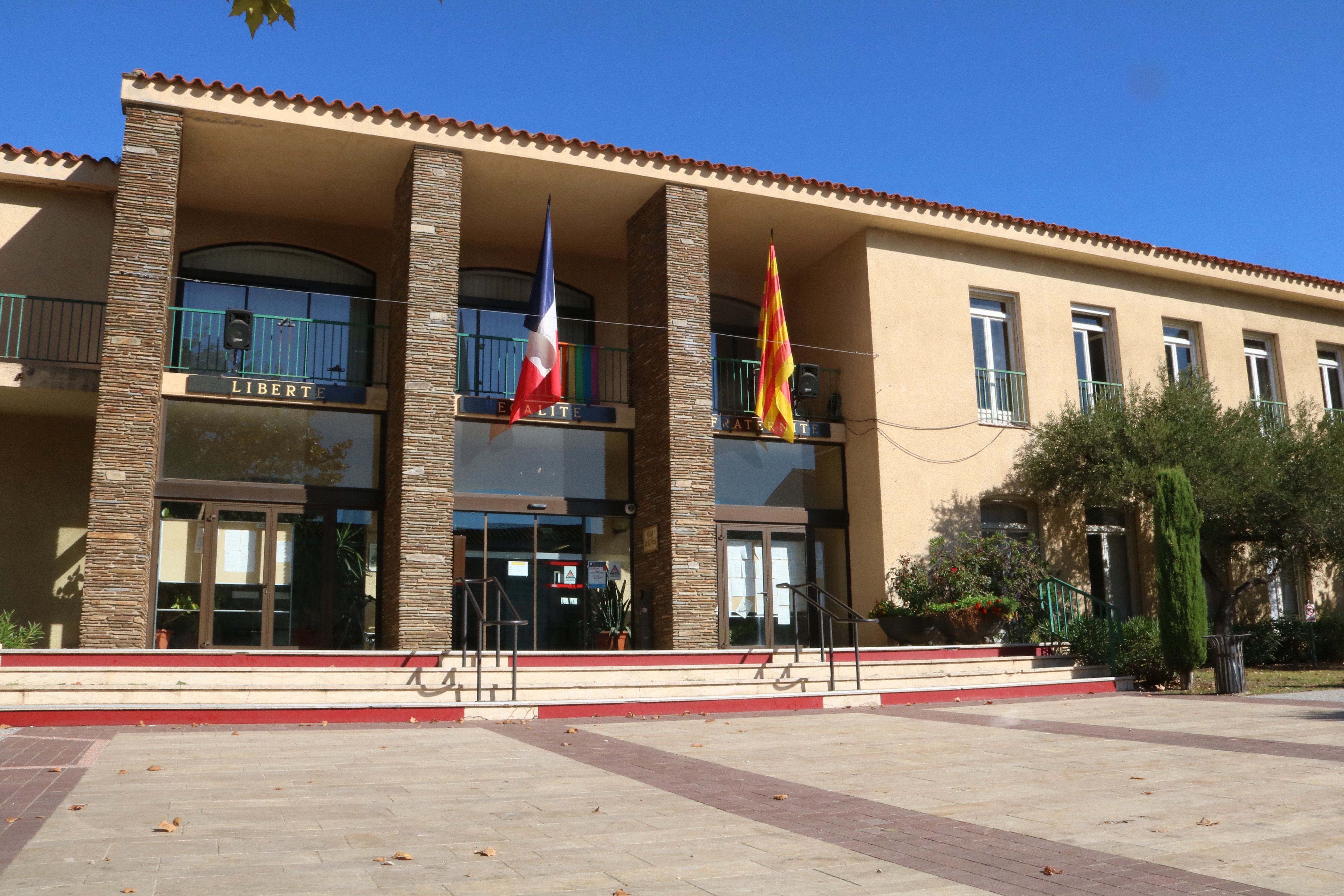"The language of the Republic is French". So says Article Two of the French Constitution, and everything that deviates from that is considered intolerable for the French state. In this way, a linguistic issue has been elevated from the municipal council session of Elna (or in French, Elne), in Northern Catalonia, to the administrative court of Montpellier; the judicialization of politics has thus also crossed administrative borders within the Catalan speaking lands. This Tuesday morning, the mayor of the town in Rosselló county, the communist Nicolas Garcia, will be on trial there, as will his municipal counterparts in three other towns: Portvendres (also in Rosselló), Tarerac (Conflent) and Els Banys (Vallespir). The reason: having allowed Catalan to be spoken in their council meetings (albeit with the corresponding French translation). Among the support they will receive from the southern part of Catalonia - south of the Pyrenean border, that is - will be representatives from the civil society groups Òmnium Cultural and the ANC, and political parties ERC, Junts and the CUP.
Elna was the pioneer municipality, the one that placed the first stone. It all started one day when the deputy mayor, Pere Manzanares, spoke in Catalan and the opposition councillors walked out. After this incident, and having consulted lawyers, they decided to regulate it. Hence, on April 21st, the Rosselló town changed its regulations and became "the first municipality" to recognize the use of Catalan "officially", despite the opposing votes of five councillors. Simply put, the rule allowed councillors to address the meeting in Catalan, on the condition that their statements were translated into French. The response of the French state was not long in coming.
Last September, Rodrigue Furcy, newly elected prefect of the Pyrénees-Orientales department - and former deputy chief of staff to president Emmanuel Macron - decided to take the council to court. The argument of the prefect, a regional-level representative of the central government, is that found in Article 2 of the Constitution: "The Constitutional Council and the administrative courts have, on several occasions, ruled illegal the deliberations of deliberative assemblies celebrated in any language other than French. It is up to the administrative judge to pronounce on the legality of the deliberation of the municipality of Elna". Catalan is considered an "element capable of damaging the fundamental principles of the Republic and the hierarchy between official languages and regional languages".

Support from the south
This Monday evening, organizations including Òmnium Cultural of Catalunya Nord, Aplec, El Casal and Col·lectiu 2 d'Abril called for supporters to gather in front of the prefecture of Perpinyà to "demand the right to use Catalan normally throughout Northern Catalonia" and for the French state to "respect the charter of minority languages". A rally that will be replicated on Tuesday, at eleven in the morning, in front of the administrative court of Montpellier.
The demonstration will also receive support from the southern slopes of the the Pyrenees. Delegations from the main pro-independence parties will travel to Montpellier. On behalf of ERC, its president Oriol Junqueras and organizing secretary Pau Morales will attend. Former Catalan minister Lluís Puig will represent Junts, while for the CUP the deputies Dani Cornellà, Dolors Sabater and Montserrat Vinyets will be present. As for the civil organizations, there will be representatives of Òmnium Cultural Catalunya Nord and two national secretaries of the ANC, Juli González and André Laurent.
Against linguistic regression
At stake are the rights of the Catalan language in Northern Catalonia in a context of language regression, after two years ago the Constitutional Court partially overturned the so-called Molac Law, which gave legal status to educational linguistic immersion in languages other than French. Their use in public institutions is now under scrutiny. According to the mayor of Elna, Nicolas Garcia, the civic leaders called to court will not be tried as mayors, but rather their councils will be on trial: "On April 18th in Montpellier we will be tried by the administrative court for having decided to speak Catalan at the plenary sessions of Elna, and we will then know if French justice accepts linguistic and cultural diversity, past and future". If they don't win acceptance at the level of the French courts, they have their sights set on European justice.

